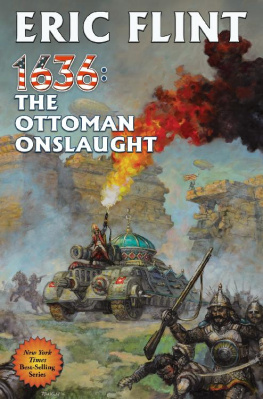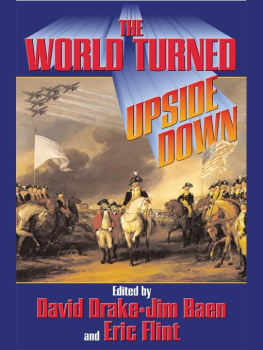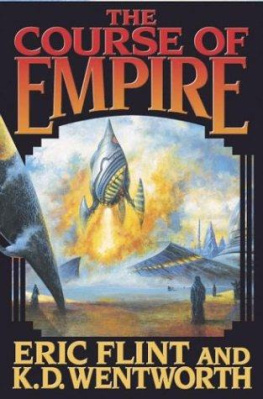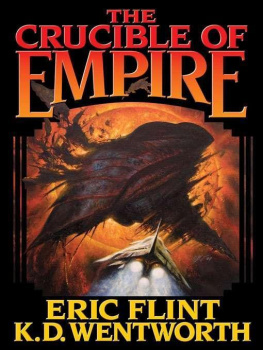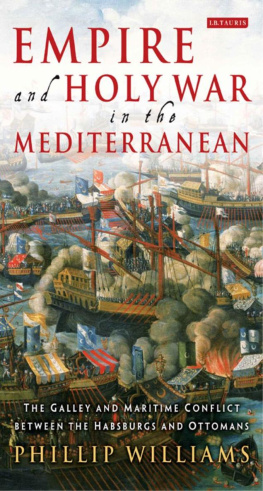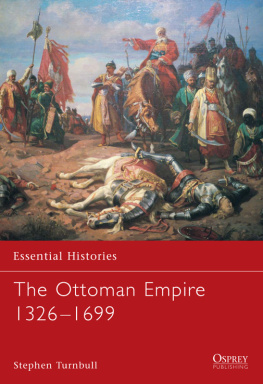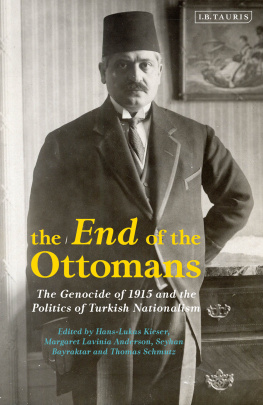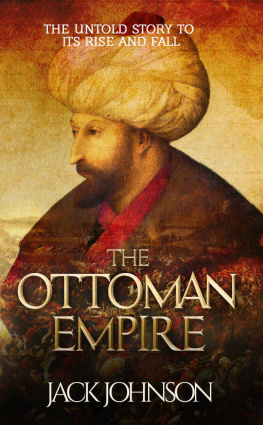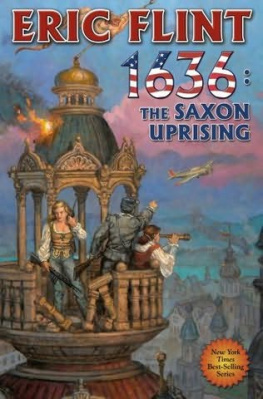1636: THE OTTOMAN ONSLAUGHT eARC
Eric Flint
Advance Reader Copy
Unproofed
Baen
Book #21 in the multiple New York Times best-selling Ring of Fire series. The uptimers and their allies take on the Ottoman Empire at its height of power.
The modern West Virginia town of Grantville has been displaced in time to continental Europe in 1632. Now four years have passed. The long-feared attack on Austria by the Ottoman Empire has begun. Armed with new weapons inspired by the time-displaced Americans of Grantville, the Turks are determined to do what they were unable to do in the universe the Americans came from: capture Vienna.
The Ottomans have the advantage of being able to study the failings and errors of their own campaigns in a future they can now avoid. They are led by the young, dynamic, and ruthless Murad IV, the most capable emperor the Ottomans have produced in a century. They are equipped with weapons that would have seemed fantastical to the Turks of that other universe: airships, breech-loading rifles, rocketseven primitive tanks.
And this time they wont have to face massive reinforcements from Austrias allies. In fact, the only force Emperor Gustav Adolf can think of sending to Austria is the United States of Europe Third Division under the command of Mike Stearns. Its an army currently engaged in a desperate struggle for Bavaria.
The emperors of the USE and Austria share the same problem. They have one too many enemies, one too few allies, and only one general to cover the gaps. Fortunately, that general is Mike Stearns, also known as the Prince of Germany.
ERIC FLINTS BEST-SELLING
RING OF FIRE SERIES
1632 by Eric Flint
1633 with David Weber
1634: The Baltic War with David Weber
1634: The Galileo Affair with Andrew Dennis
1634: The Bavarian Crisis with Virginia DeMarce
1634: The Ram Rebellion with Virginia DeMarce et al
1635: The Cannon Law with Andrew Dennis
1635: The Dreeson Incident with Virginia DeMarce
1635: The Eastern Front
1635: The Papal Stakes with Charles E. Gannon
1636: The Saxon Uprising
1636: The Kremlin Games with Gorg Huff & Paula Goodlett
1636: The Devils Opera with David Carrico
1636: Commander Cantrell in the West Indies with Charles E. Gannon
1636: The Viennese Waltz with Gorg Huff & Paula Goodlett
1636: The Cardinal Virtues with Walter Hunt
1635: A Parcel of Rogues with Andrew Dennis
1636: The Ottoman Onslaught by Eric Flint
1635: The Tangled Web by Virginia DeMarce
1635: The Wars for the Rhine by Anette Pedersen
1636: Seas of Fortune by Iver P. Cooper
1636: The Chronicles of Doctor Gribbleflotz by
Kerryn Offord & Rick Boatright
Time Spike with Marilyn Kosmatka
Grantville Gazette IV, ed. Eric Flint
Grantville Gazette VIVII, ed. Eric Flint & Paula Goodlett
Ring of Fire IIV, ed. Eric Flint
For a complete list of Eric Flint books,
please go to www.baen.com.
1636: The Ottoman Onslaught
This is a work of fiction. All the characters and events portrayed in this book are fictional, and any resemblance to real people or incidents is purely coincidental.
Copyright 2016 Eric Flint
All rights reserved, including the right to reproduce this book or portions thereof in any form.
A Baen Books Original
Baen Publishing Enterprises
P.O. Box 1403
Riverdale, NY 10471
www.baen.com
ISBN: 978-1-4767-8184-6
Cover art by Tom Kidd
Maps by Michael Knopp
First printing, January 2017
Distributed by Simon & Schuster
1230 Avenue of the Americas
New York, NY 10020
Library of Congress Cataloging-in-Publication Data
t/k
10 9 8 7 6 5 4 3 2 1
Printed in the United States of America
DEDICATION
To those I stood with:
Pearl and Morris Chertov
Fred Halstead
Steve Kindred
Ken Miliner
Linda May OBrien
Jerry OConnell
Claudia Roberson
Kathy Shields
Ken Shilman
Gone but not forgotten



PART I
April, 1636
Ah, but a man's reach should exceed his grasp,
Or what's a heaven for?
Chapter 1
Regensburg, Upper Palatinate
The march from Regensburg was supposed to have begun at dawnand so it did, in a manner of speaking. The cavalry patrols had actually passed through the citys gates before sunrise. Right on schedule.
But now that hed been a general for almost a year, Mike Stearns had learned that military time schedules bore precious little resemblance to what hed considered punctuality in those innocent days when hed been a civilian. In this, as in so many things, Carl von Clausewitzs old dictum applied. Perhaps better to say, the future dictum, since the man wouldnt even be born for another century and a half, and then in a different universe.
By now, Mike had memorized the damn thing: Everything in war is simple, but the simplest thing is difficult.
He knew Clausewitzs axiom as well as he knew Murphys Lawwhich applied to military matters even more stringently than it did to the affairs of civilians.
Civilians. Those happy-go-lucky, carefree, insouciant folk in whose ranks Mike could vaguely remember himself being counted once. Back in those halcyon days when hed been a coal miner worried about nothing more substantial than methane explosions and roof falls. Or the prime minister of a nation, whose frets over issues of war and peace, prosperity and poverty, and the schemes and plots of traitors and malcontents had never troubled what he remembered as blissful sleep.
Pfah. Tell a cabinet member to do something, be it never so problematic and ticklish, and the task would get donestarted upon, at leastwithin the hour.
Tell an army to do something as simple and straightforward as walk out of a townjust walk, no running requiredand move on down the roadfifteen miles, maybe twenty; no moreand youd be lucky if the ass end of the army made it through the gates by noon. The camp followers coming behind wouldnt manage the feat until mid-afternoon.
He could also remember a time when hed intended to eradicate the pernicious seventeenth century military custom of having camp followers in the first place. Hed been brought up as a stout American lad, watching John Wayne movies. You never saw a mob of camp followers trailing after John Wayne, did you? Sands of Iwo Jima, The Longest Day, The Fighting Seabeesnot a camp follower anywhere in sight. Not even in his civil war movie, The Horse Soldiers. For that matter, not even in the movie where hed portrayed the Mongol emperor Genghis Khan, The Conqueror, although Mike wasnt entirely sure about that. The film had been such a turkey that hed stopped watching it halfway through. It was possible that a stray camp follower might have wandered across the stage toward the end.
Not likely, though. And it wasnt just the movies. Mike had served a three-year stint in the United States Army. That would be the army of the United States of America, long before the Ring of Fire happened.
Did the U.S. Army have camp followers? Not unless you counted the families living on a military basebut that wasnt really the same thing at all. When American soldiers went on campaign back up-time, their families stayed behind. They sure as hell didnt trail after the soldiers like a gigantic caravan.
Next page
